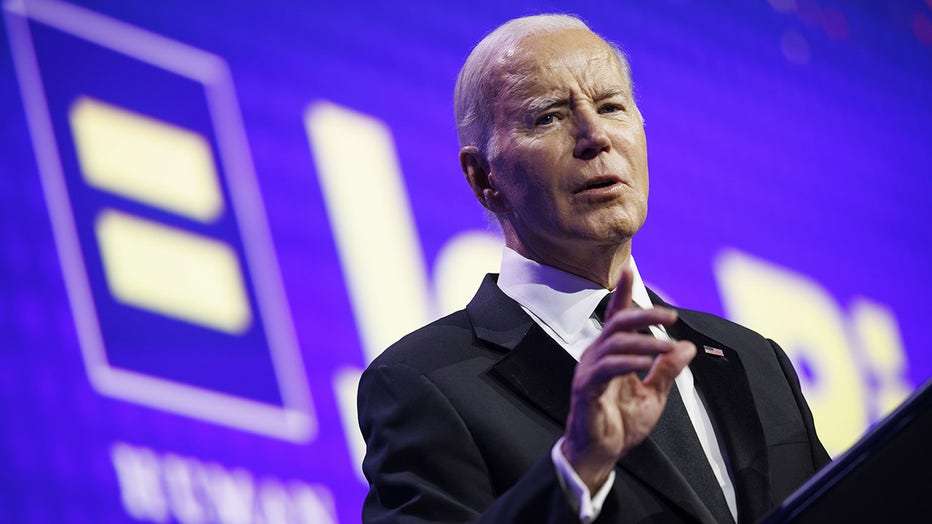The US House of Representatives has passed a short-term funding bill in a bid to avert a government shutdown that looms on Friday, despite a major Republican revolt.
The measure, the first major test for new House Speaker Mike Johnson, was approved by 336 votes to 95.
It keeps federal agencies open at current spending levels until mid-January.
The Senate is expected to approve the stopgap measure before the week's end.
It must be signed into law by President Joe Biden before government funding expires on 17 November, otherwise tens of thousands of federal employees would be temporarily laid off without pay as soon as next week and various government services would be abruptly suspended.
Mr Johnson hailed its passage as putting "House Republicans in the best position to fight for conservative policy victories".
The vote required a two-thirds majority to pass. On Tuesday night, 93 Republicans opposed the measure.
The bill faced criticism from the House Freedom Caucus - a group of likeminded Republicans who are fiscally conservative and regularly oppose party leadership - in part because it does not include the steep spending cuts they wanted.
"Republicans must stop negotiating against ourselves over fears of what the Senate may do with the promise 'roll over today and we'll fight tomorrow,'" the group said in a statement.
Neither does the bill include President Biden's request for more than $100bn (£80bn) in funding, including for Ukraine and Israel.
But House Democrats sided with Mr Johnson, citing the need to keep the government functioning.
In a statement released before the vote, the Democratic leadership said it would support the resolution because it was "devoid of harmful cuts and free of extreme right-wing policy riders".
The vote marked the first major test of leadership for the new Republican House Speaker, Mr Johnson.
His unusual two-tiered plan leaves parts of the government - including the Food and Drug Administration, Veterans Affairs and the Department of Transportation - funded until a January deadline, while others would be funded up to early February.
The stopgap measure is meant to give lawmakers time to prepare longer-term spending bills.
Mr Johnson's continuing resolution is a so-called "clean" bill with no spending cuts, policy provisions or other strings attached.
The Speaker's decision to override the right flank of his party and pass a funding bill with Democratic support is the very same tactic that led to the removal of his predecessor, Kevin McCarthy, in October.
"We're not surrendering," Mr Johnson said after a closed-door meeting of House Republicans on Tuesday morning, as he referred to their slim 221-213 majority, "but you have to choose fights you can win".
The new House Speaker is three weeks into the job, but the discontent from some in his party on Tuesday indicated his political honeymoon could be short-lived.
Texas congressman Chip Roy, an influential conservative, told reporters the House Freedom Caucus was "trying to give the speaker a little grace", but argued that "today's a mistake, right out of the gate".
The Republican party has experienced a tumultuous two months after eight right-wing Republicans voted to oust Mr McCarthy.
Tensions flared before the vote on Tuesday, when right-wing congressman Tim Burchett of Tennessee accused Mr McCarthy of "elbowing" him in the back while he stood in the halls of Congress.
The incident led another Republican lawmaker, Matt Gaetz, to file an ethics complaint.








